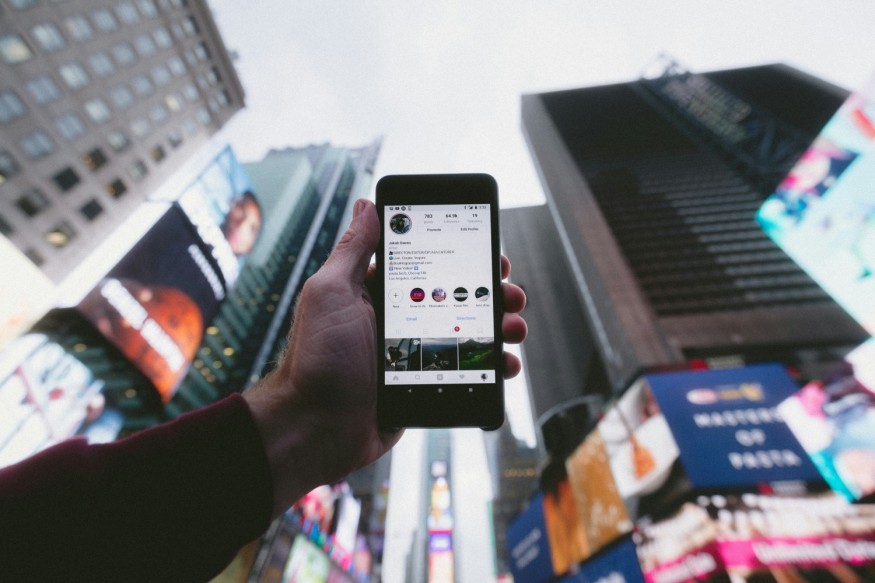10 Futuristic Technology Trends Set To Revolutionize Industries in 2024

As we venture into 2024, technological advancements shape and redefine various sectors. Here are ten emerging tech trends set to make a significant impact this year:
1. Personalized Medicine
Personalized medicine is revolutionizing healthcare by tailoring medical treatments to individual patient characteristics. By leveraging genetic, environmental, and lifestyle data, this approach enables precise diagnosis and treatment of diseases. In oncology, for example, therapies can target specific genetic mutations in cancer cells, resulting in improved patient outcomes and reduced side effects. Advances in genomics and biotechnology are driving this transformative trend.
2. Neuromorphic Computing
Neuromorphic computing aims to mimic the human brain's neural structures and processing methods in computer chips. This innovative approach leads to more efficient handling of pattern recognition and sensory data processing tasks. Neuromorphic chips substantially improve energy efficiency and computational power, particularly for applications requiring real-time learning and adaptation. This technology holds promise for various sectors, including artificial intelligence and robotics.
3. Green Energy Technologies
The push for sustainability is driving innovation in green energy technologies. New developments focus on enhancing efficiency and reducing the costs of renewable energy sources like solar, wind, and bioenergy. Advances include improved photovoltaic cell designs, wind turbines operating at lower wind speeds, and biofuels derived from non-food biomass. These technologies are essential for reducing the global carbon footprint and achieving environmental sustainability goals.
4. Wearable Health Monitors
Wearable health monitors are becoming increasingly advanced, tracking metrics such as heart rate, blood pressure, and blood sugar levels. These devices connect to smartphones and use AI to analyze data, providing users with personalized health insights and early warnings about potential issues. This trend is shifting healthcare towards a preventive model, empowering individuals to take proactive steps in managing their health.
5. Extended Reality (XR) for Training
Extended reality (XR), encompassing virtual reality (VR), augmented reality (AR), and mixed reality (MR), is transforming training and education. Industries like healthcare, aviation, and manufacturing use XR to create immersive, risk-free training simulations replicating real-life scenarios. This technology enhances learning outcomes and engagement and reduces training costs by providing hands-on experiences without physical risks.
6. Voice-Activated Technology
Voice-activated technology has reached new heights, with devices now capable of understanding and processing natural human speech more accurately. This technology is prevalent in smart speakers, home automation systems, and customer service bots, offering hands-free convenience and enhanced accessibility. Increasingly, voice-activated systems are integrated into vehicles and public spaces, streamlining interactions with technology.
7. Space Tourism
Using services like SpaceX and Blue Origin, space tourism is no longer a fantasy but an upcoming industry. Such enhancements are intended for space tourism along with passionate astronauts to have more adventure, having space travels starting from suborbital flights, making people fly, and having some experience of zero gravity, further reaching towards making attempts at orbital flight experiences. Space tourism has emerged as one of the latest aces in new technologies and innovations in aerospace engineering with the added possibilities of adventure travels and science exploration.
8. Synthetic Media
The type of media owned by artificial intelligence that can generate humanlike characters or simulate real videos is synthetic media, encompassing deepfake, virtual influencer, and auto-generative video media. Despite its manifold possibilities in entertainment, learning, and media production, the technology questions ethics. Synthetic media refers to media produced artificially and mimics accurate content that is a human creation. This has implications in the new age of digital life.
9. Advanced Robotics
Today's robot has reached a level at which it is possible to complete great operations without involving a person or barely requiring their intervention. Robots are used for numerous purposes, ranging from performing specific operations in the industrial sector to carrying out supportive operations within the health sector and being assistants to specific household tasks. Recent developments in AI and machine learning are improving the abilities and flexibility of the robots used in various vocations to increase their usage in the societal arena.
10. AI in Cybersecurity
AI is essential in supplementing the cybersecurity framework by complementing the human ability to analyze and respond to threats. Current AI technologies allow the acquiring, processing, and analyzing big data to detect improper patterns, forecast threats, and employ countermeasures in real time. This trend is useful for mitigating elevated levels of sophistication and occurrences of cyber tactical attacks to provide reliable protection to the digital structure.
As shown in the preceding section, technology in the year 2024 is dynamic and continues to progress at a very fast rate due to the dynamic nature of human beings. Across healthcare, energy, and more, from artificial intelligence to space travel, these technologies will remake industries and make the world a better place-is a staple for optimism about emerging technologies, exploring new frontiers in fields from healthcare to energy and from artificial intelligence to space travel, and improving the world for everyone is a hopeful vision of what's to come.
Related Article : 10 Tech Features Making Their Way Into Every Modern Household













